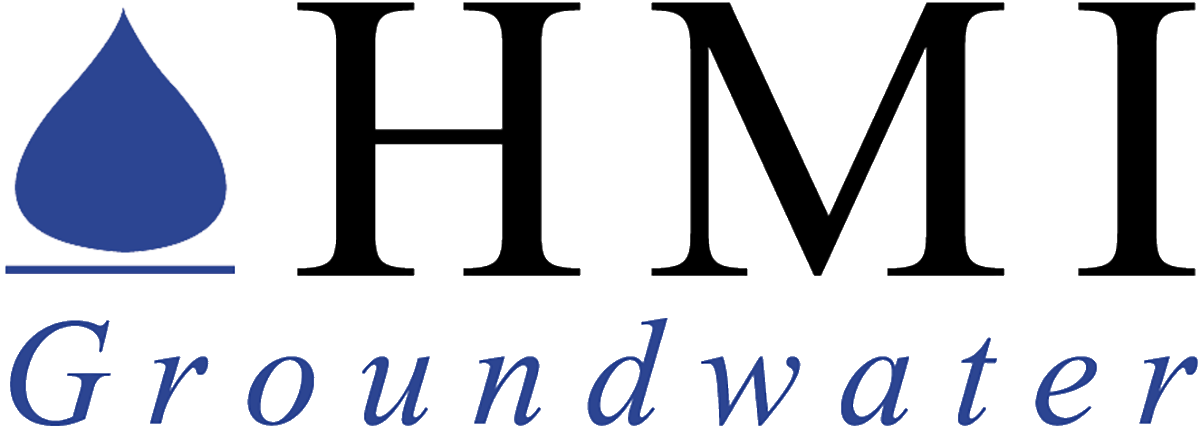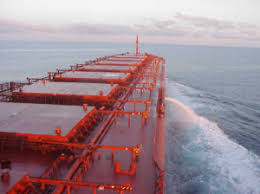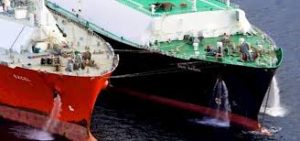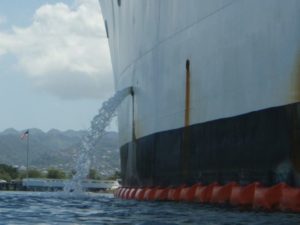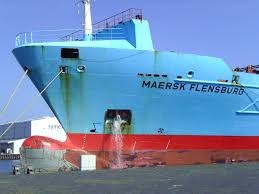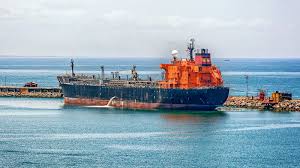Ballast loading is necessary to stabilize ships at sea. To this end, water is collected in special ballast tanks before departure from the port. This reduces the load on the hull, provides lateral stability, improves propulsion and maneuverability and compensates for weight changes at different load levels and due to fuel and water consumption. Large tankers can carry in excess of 200,000 m3 of ballast water. When pumping up ballast water, local marine organisms will inevitably also be included and probably also some sediment with adsorbed marine organisms.
The amount of ballast water depends on the sea conditions. Therefore, ballast water must be regularly taken in or discharged during the journey. Without special precautions, this practice causes a massive spread of marine organisms from their native habitats to areas where they do not naturally occur. Ballast water is therefore widely regarded as the most important vector for the spread of potentially invasive alien species. Human health is affected by invasions through spread of diseases like paralytic poisoning, cholera outbreak etc. Ballast water discharge typically contains a variety of biological materials, including plants, animals, viruses and bacteria. There are hundreds of organisms carried in ballast water that cause ecological effects outside their natural environment. The negative impact of the worldwide spread of alien species is considerable, as discussed more in detail in the article Non-native species invasions.
Shipping traffic has increased sharply in recent decades and transit time has decreased. Hence, more ballast water is being pumped up and discharged, resulting in an increase in the spread of non-native species. Over ten billion tons of ballast water is transferred annually from one place to another[3][4]. The global economic loss because of alien invasive species has been estimated to tens of billions US dollars per year[5]. Internationally accepted measures to combat the spread of non-native species via ballast water and their enforcement therefore deserve high priority.
